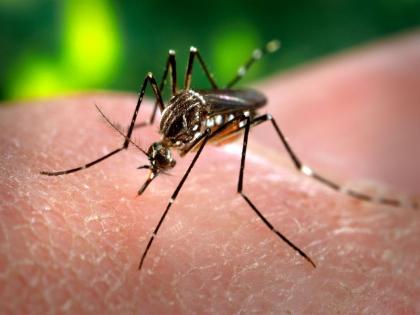Karnataka Government Directs Gram Panchayats to Implement Dengue Protocols Amid Rising Cases
By Lokmat English Desk | Updated: July 8, 2024 15:11 IST2024-07-08T15:10:44+5:302024-07-08T15:11:25+5:30
On Monday, the Karnataka government issued a directive requiring all gram panchayats to enforce protocols for managing dengue cases. ...

Karnataka Government Directs Gram Panchayats to Implement Dengue Protocols Amid Rising Cases
On Monday, the Karnataka government issued a directive requiring all gram panchayats to enforce protocols for managing dengue cases. The directive emphasizes the importance of regular cleaning of water storage tanks, open reservoirs, and public toilets to uphold sanitation standards.
Minister of Rural Development and Panchayat Raj, Priyank Kharge, has recommended that gram panchayats establish "Village Health, Sanitation, and Nutrition Committees" to actively advocate for dengue control initiatives.
He also instructed them to promptly implement precautionary measures. According to health department data, Karnataka has recorded 7,165 dengue-positive cases since January this year, with the Bruhat Bengaluru Mahanagara Palike (BBMP) area alone reporting the highest number at 1,988 cases as of yesterday evening.
On Sunday, the State reported 159 new cases of dengue infection, with 80 cases originating from BBMP areas. To combat the spread of dengue in rural areas and effectively manage cases, the Minister has outlined several urgent measures. Gram panchayats are instructed to conduct weekly sanitation checks and ensure the regular cleaning of water storage tanks, open reservoirs, and public toilets to prevent water stagnation. Additionally, they are mandated to ensure swift and safe drainage of rainwater to prevent it from becoming a breeding ground for mosquitoes.
And also maintaining cleanliness and hygiene in homes, shops, hotels, commercial complexes, public spaces, and vacant lands to prevent long-term water accumulation and ensure proper waste management practices, his office said in a release.
Open in app